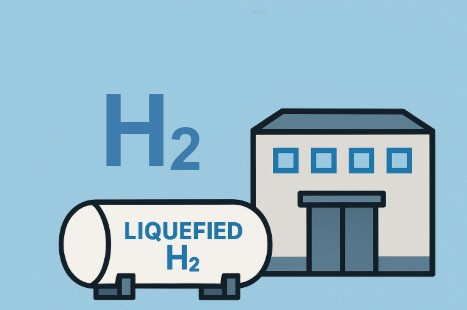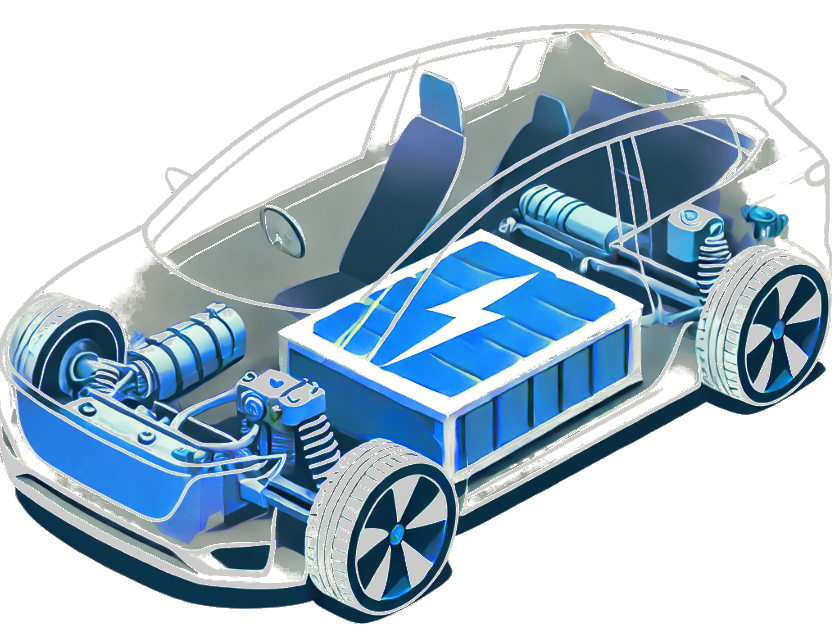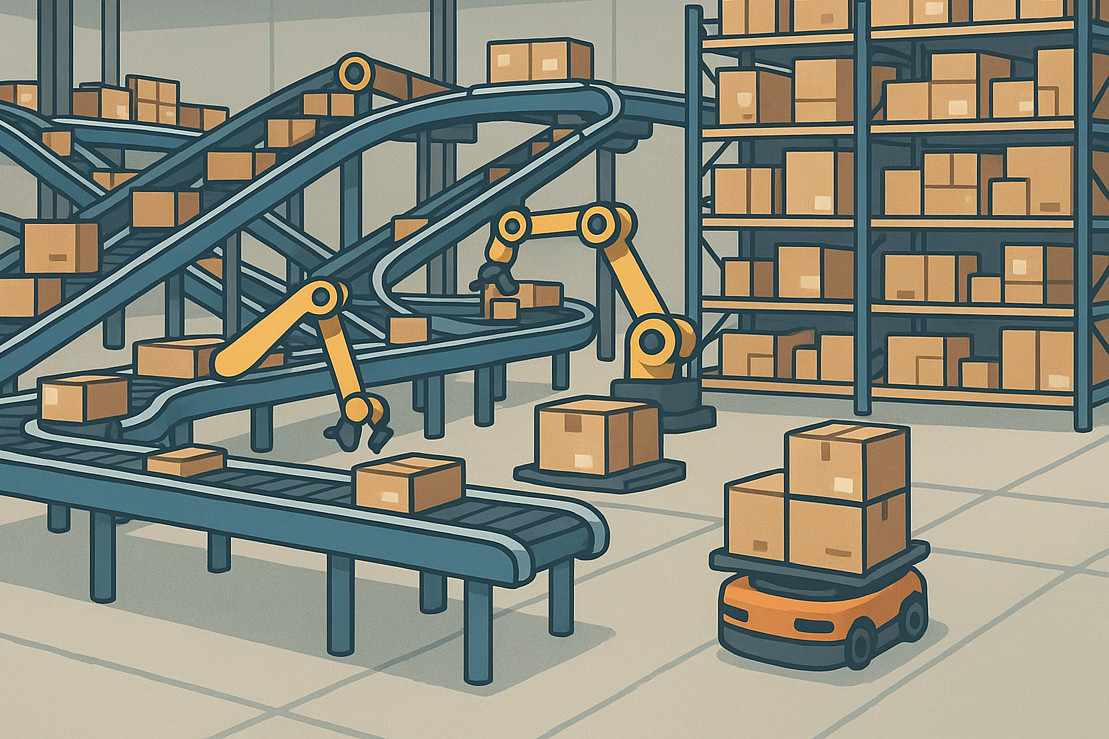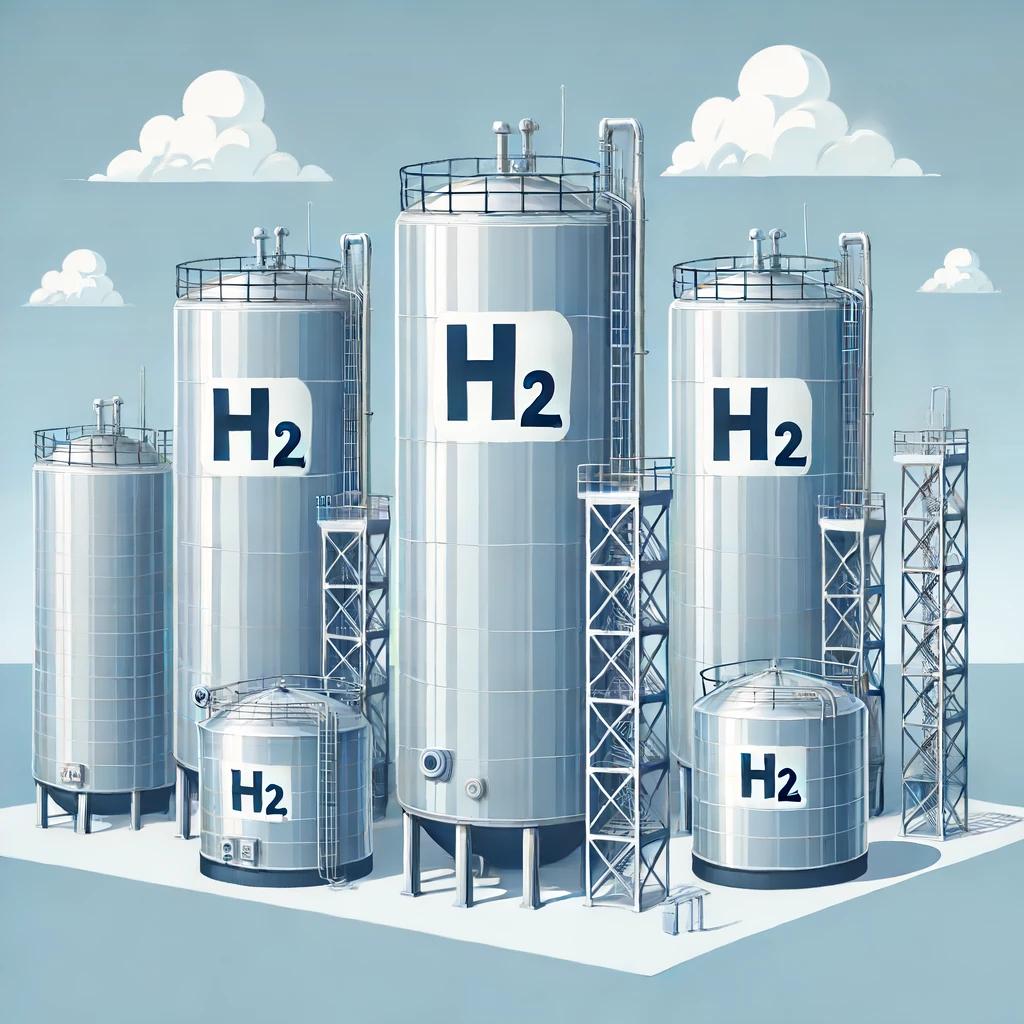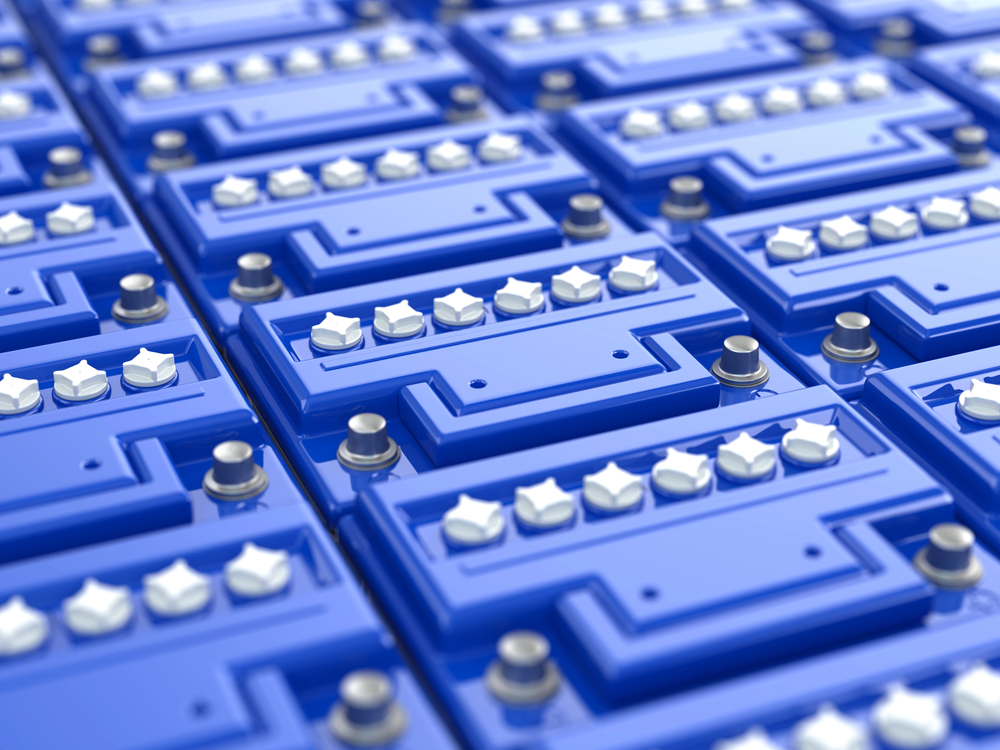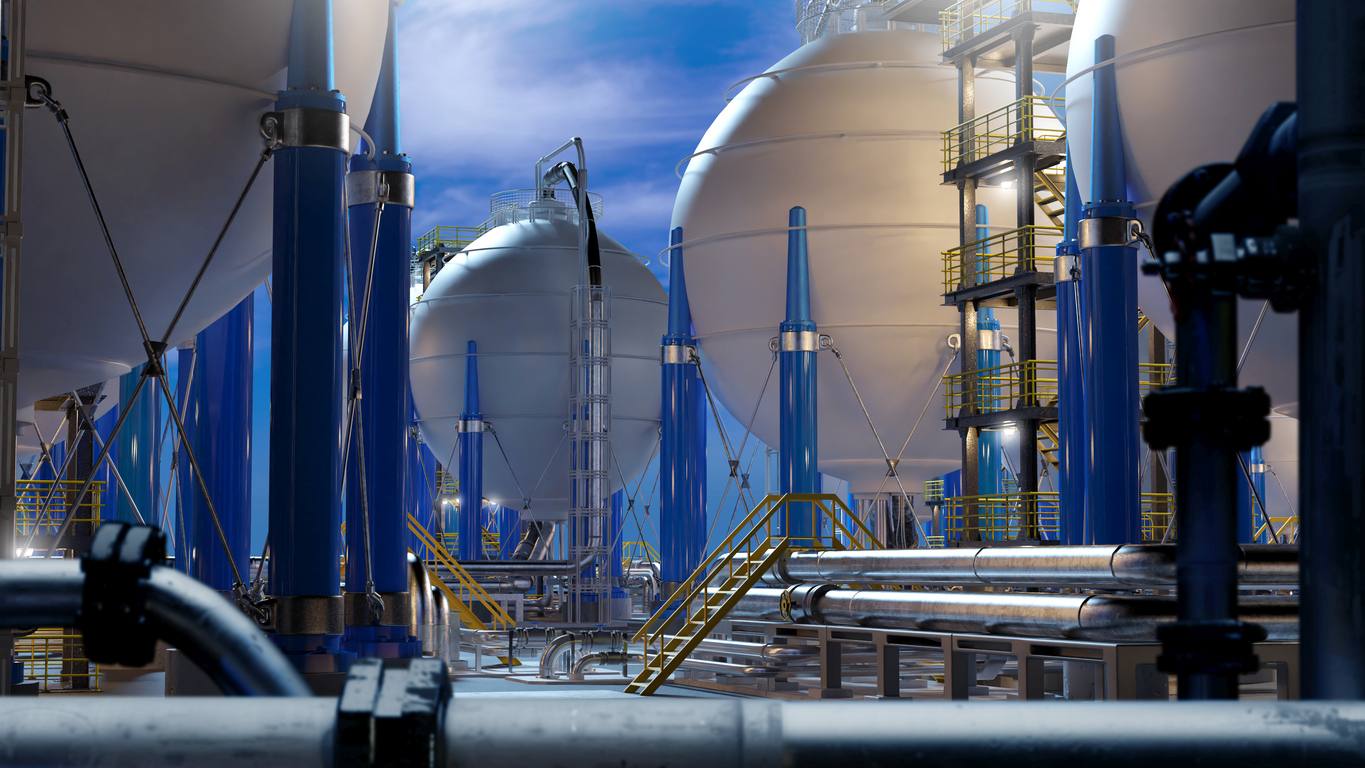LG Chem produces new type of battery for Tesla’s electric cars
21. January 2021The share price of South Korea’s LG Chem rose 3.57 percent on Oct. 22, 2020, the day Tesla announced higher profits than the market expected. Industry experts suspect a high impact of the Tesla announcement on LG Chem’s share price. Industry insiders citing the reason as LG Chem’s development of a new battery for electric vehicles, which Tesla unveiled at the so-called “Battery Day” in September 2020 without mentioning the name of the manufacturer or supplier. Meanwhile, LG Chem is preparing for a surge in Tesla’s orders, tripling its cylindrical battery cell production capacity from the current 20 GWh to 60 GWh by 2023.
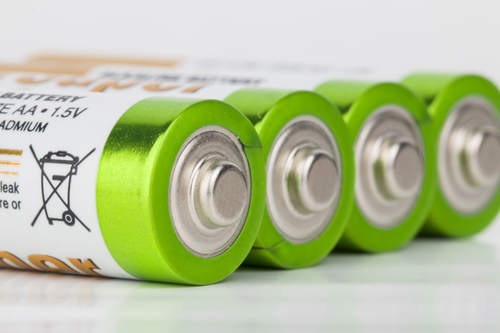
The speculation that LG Chem will develop a new battery type and become one of Tesla’s main suppliers is based on two reports. On October 21, 2020, Jang Seung-se, vice chairman of LG Chem, reported that his company is working on the development of cylindrical battery cells, which have a fivefold higher energy density and six times more capacity. These specifications exactly match Tesla’s Type 4680 battery, which Tesla CEO Elon Musk unveiled in September. Initially, Tesla wanted to produce the new Type 4680 battery cells itself. Afterwards, however, it turned out that this would exceed Tesla’s current production capacities and that it would also not be possible to build a new production facility within a year.
Tesla estimates that the required quantity of Type 4680 batteries in 2020 will have a capacity of 100 GWh. These could then be installed in around 1.3 million electric cars annually. LG Chem, the world’s largest battery manufacturer, currently has a total annual production capacity of 100 GWh but was able to increase this to 120 GWh by the end of 2020, according to the company. Nearly all of the cylindrical battery cells for electric vehicles that LG Chem produces are installed in Tesla models. In order to supply other manufacturers besides Tesla or to avoid shortages, LG Chem plans to expand its total annual production capacity to 260 GWh by 2023. Electric car components, which include batteries, must undergo certification for the KC mark or KC certificate in Korea. Our experts are always available to answer any questions without obligation.
If you need assistance or have any questions regarding Korean certifications like KC, KC EMC, KCs or KCs for explosion safety products, feel free to contact us any time.
Tel.: +49-69-2713769259
Email: info@korea-certification.com
Urgent questions?
Please do not hesitate to contact us via chat. You will find the chat window at the bottom right of each page (if this is not visible, please check your browser settings).
For more information you can download our free brochure “Korea Certification Made Easy – The Booklet“.




